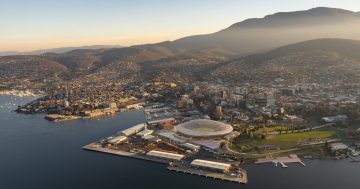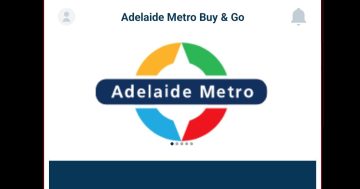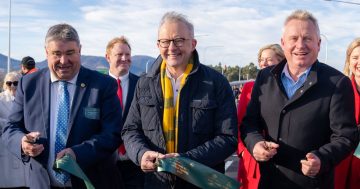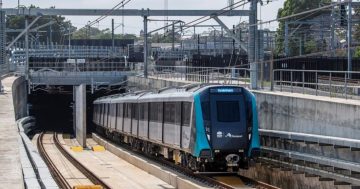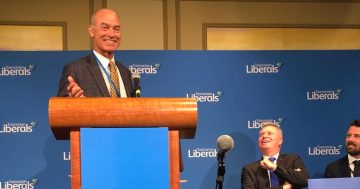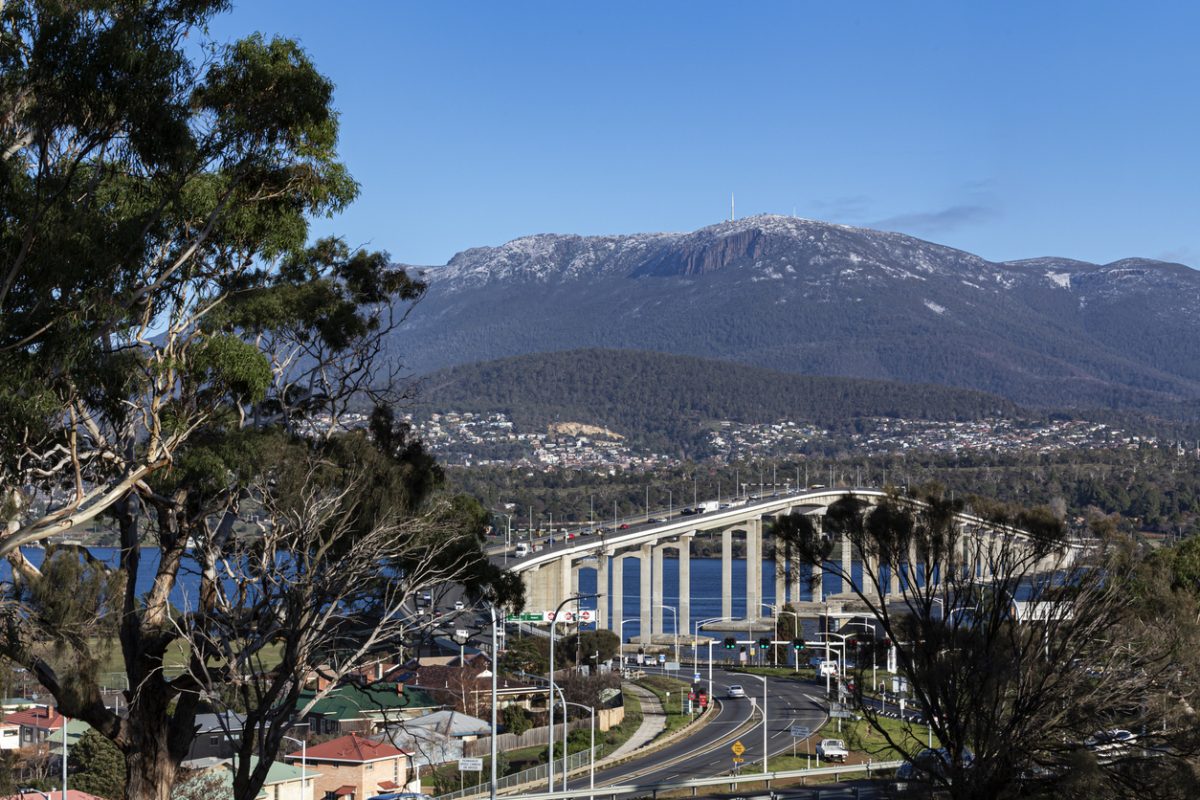
According to the review, conducted in collaboration with Tasmania’s Rail, Tram and Bus Union (RTBU), the amount spent on public transport by the Tasmanian Government is equivalent to less than one per cent of its total budget (0.94 per cent), second only to the Northern Territory (0.41 per cent). Photo: Margarete Oti.
The McKell Institute has published its report into Tasmanian public bus services, showing the Tasmanian Government spends the least of any state or territory on public transport per capita.
Key findings of the report, titled ‘A Better Deal‘, state that Tasmania’s existing network is inequitable and fails to adequately service areas of greatest need.
It states that even since the signing of the ‘Hobart City Deal‘ in 2019, which committed to a “reliable, sustainable, and cost effective” transport system, there have been no meaningful investments in the city’s public transport system.
The report states that as a result there is a high level of antisocial behaviour by commuters, recurring driver turnover, congestion and opaque contractual arrangements undermining the quality, reliability and safety of Hobart’s bus network.
McKell Institute policy analyst Max Douglass said the report urged the government to shield drivers from abuse with a new offence criminalising the harassment of transport workers.
“Tasmania’s public transport system has suffered from decades of underinvestment and that’s showing up in people’s daily commutes,” said Mr Douglass. “This is compounded by the exit of drivers on the receiving end of rising abuse, harassment and even violence from disgruntled passengers.
“Criminalising this behaviour would make it easier to recruit and retain drivers while improving the overall quality and reliability of services.”
Styled on laws in NSW and South Australia regarding assaults on retail workers, it would make harassing, intimidating and abusing a transport worker a specific criminal offence in Tasmania.
In October last year the Tasmanian Government released its draft plan on increasing public transport use for the Greater Hobart area over the coming decade, which states it would encourage urban renewal in areas identified within the 30-year Greater Hobart Plan.
It set the target of increasing use for journeys to work from 6.4 per cent to 10 per cent by 2030, with new infrastructure to be provided to assist making bus services more comfortable and reliable.
It said there’d be a new Rapid Bus Network to complement existing services. Locations from central business districts such as Hobart, Glenorchy, Kingston and Rosny Park, would have faster and more direct services along key corridors from the north, east and south.
McKell Institute’s report tells of the lack of bus services in the disadvantaged areas of Glenorchy and Launceston’s northern suburbs.
“Equal service is not equitable service. These areas have low car ownership, relatively high poverty and should be prioritised for additional services,” said Mr Douglass.
Tasmanian Branch Secretary Byron Cubit of the RTBU said the state deserved better from their public transport network, and the report’s recommendations outlined a way forward.
“We need to see more funding for services, stronger laws to protect public transport workers, and Metro Tasmania brought back under the direct control of the State Government,” said Mr Cubit. “The Metro Tasmania board seems more focused on making a profit than providing an essential public service.
“Once the fundamentals have been fixed, Metro staff retention problems have been addressed, and suspended services have been reinstated, then the government must look at expanding services into priority areas.”
Mr Douglass said the next most populous state of South Australia spent nearly twice per capita on public transport, which was the absolute minimum Tasmania must look at to create a bus system that was fit for purpose.
“Tasmania is losing out on significant productivity gains by failing to invest in public transport,” said Mr Douglass. “An adequately funded bus system would create much-needed jobs, help meet emissions targets, unclog roads and reduce traffic accidents.”



